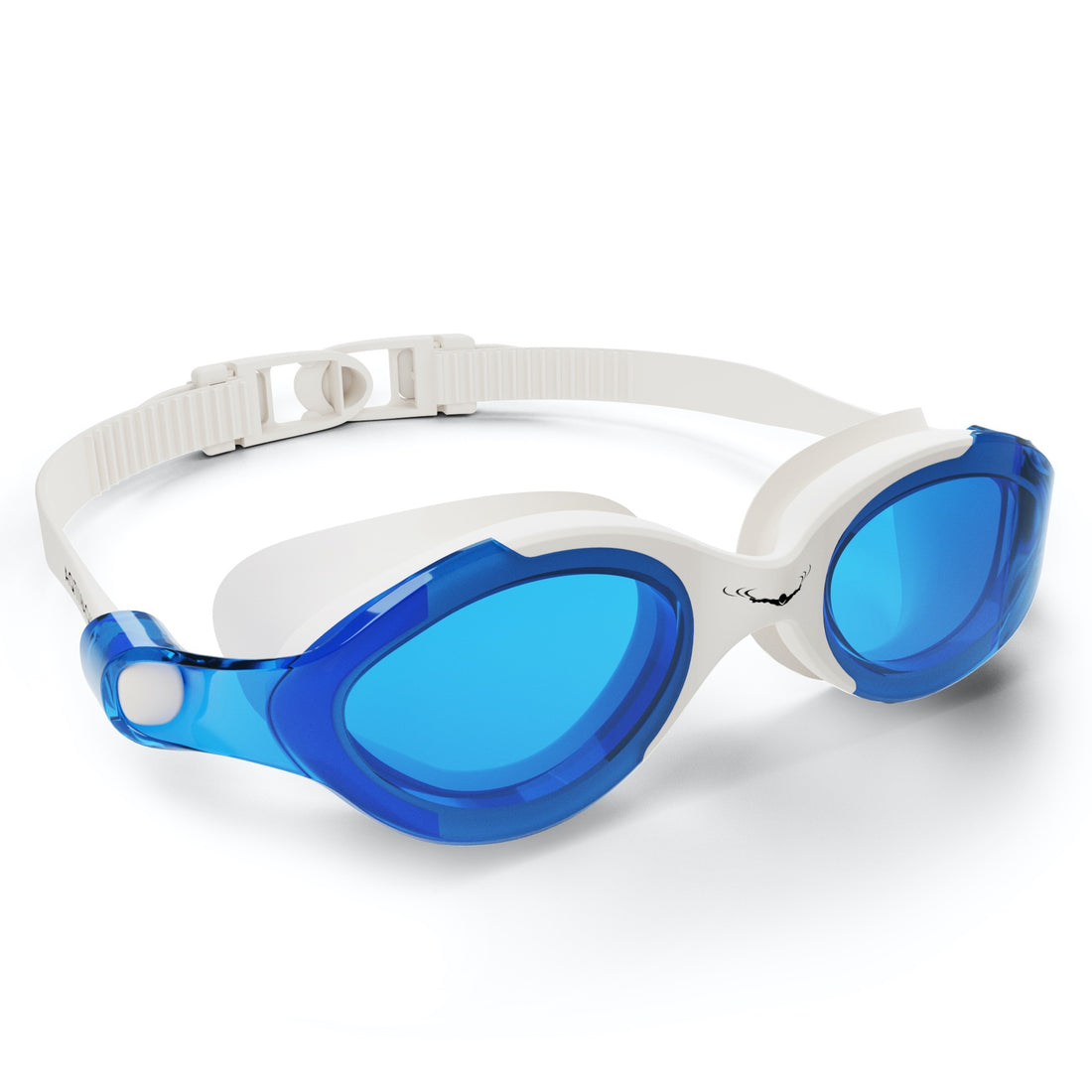Swimming pools offer endless joy during hot summer days and a way to unwind after a long week. However, behind the glistening waters and childhood memories lies a significant environmental burden that often goes unnoticed. From water consumption to chemical usage, swimming pools can have various detrimental effects on our planet. In this article, we will delve into the environmental impacts of swimming pools and explore sustainable alternatives that will not only benefit the planet but also enhance your swimming experience.
Water Consumption: The Submerged Truth
One of the most concerning environmental impacts of swimming pools is their skyrocketing water consumption. On average, a standard swimming pool can hold anywhere from 10,000 to 30,000 gallons of water. This immense volume can lead to significant water waste, especially in regions susceptible to drought. Moreover, regular maintenance, such as cleaning and filtration, often leads to additional water usage.
Water Evaporation: A Silent Thief
In hot weather conditions, particularly in areas with high temperatures, water evaporation from swimming pools is a significant issue. In fact, a single pool can lose over an inch of water per week through evaporation alone, especially if it is not covered. This not only necessitates frequent refilling but also contributes to the continued depletion of this precious resource.
Pooling Solutions: Minimizing Water Waste
- Consider a Pool Cover: Installing a pool cover can dramatically reduce water evaporation, saving thousands of gallons a year.
- Implement Smart Filling Techniques: Only fill your pool to the necessary levels and avoid excessive overflow.
- Sustainable Landscaping: Design your pool area to minimize runoff and water requirements, using native plants that require less water.
Energy Consumption: Keeping the Lights On
Sustaining a swimming pool requires a considerable amount of energy, from heating the water to running pumps and filters. Many traditional pools utilize gas or electric heaters, contributing to carbon emissions and increasing your energy bill considerably.
Eco-Friendly Heating Options
Opting for more sustainable heating solutions can lessen the environmental footprint of your pool. Solar heaters use sunlight to warm the water, significantly reducing reliance on non-renewable energy sources. Furthermore, energy-efficient pool pumps can also reduce electricity consumption by up to 90%.
Regulating Temperature and Energy Use
Just as you want to keep cool while swimming, it's essential to consider ways to regulate your pool’s temperature while being energy efficient:
- Use a Solar Cover: A solar cover can help keep the water warm during cooler months and prevent evaporation.
- Invest in a Variable-Speed Pump: These pumps can be adjusted to run at different speeds, dramatically decreasing energy usage.
Chemical Usage: A Double-Edged Sword
Pools are typically treated with chemicals like chlorine and bromine to ensure cleanliness and safety. While essential for killing harmful bacteria, the overuse of these chemicals can lead to significant environmental issues, including chemical runoff and potential harm to local wildlife when pools are drained.
Safe and Sustainable Alternatives
Swimming pool owners can embrace safer alternatives to harsh chemicals. Consider the following:
- Saltwater Pools: These systems use salt to generate chlorine, which is often gentler on the skin and has a lower environmental impact.
- Natural Pool Systems: Establishing a natural pool incorporates plants and biological filters to maintain cleanliness without synthetic chemicals.
- Eco-Friendly Products: Utilize natural and biodegradable pool cleaning products that have minimal impact on the environment.
Landscaping and Chemical Runoff
Most swimming pools are surrounded by landscaping that often requires various pesticides and fertilizers. These chemicals can seep into the water system, negatively affecting local ecosystems and drinking water quality.
Going Green: Sustainable Pool Landscaping
To minimize chemical runoff from your pool area, opt for eco-friendly landscaping:
- Native Plants: Use native plants that require less water and are more resistant to pests and diseases, reducing the need for pesticides.
- Rain Gardens: Design rain gardens that can absorb excess water runoff and filter out pollutants before they reach waterways.
Maintenance Alternatives that Benefit Both You and the Environment
Pool maintenance is a critical aspect of pool ownership, but traditional methods can have environmental implications. From the chemicals used for cleaning to the water wasted in backwashing filters, it's essential to adopt greener practices.
Eco-Friendly Maintenance Tips
- Regular Scrubbing: To minimize the need for chemicals, maintain your pool by brushing its surfaces regularly to prevent algae buildup.
- Invest in a Quality Filter: A high-quality filtration system can help keep your pool cleaner, reducing the need for chemical treatments.
- Plan Your Routine: Schedule routine maintenance early in the morning or late in the evening to avoid water evaporation during peak heat times.
Enhancing Your Swimming Experience
Ensuring you have the right gear can increase your enjoyment and comfort during swimming. The importance of the right swim accessories cannot be overstated. Many swimmers often struggle with managing long hair while trying to dive into the pool. This is where the Best Swim Cap for Long Hair comes into play. Not only is it essential for comfort, but it also minimizes water drag, helping you glide more efficiently through the water. Pairing it with durable swim goggles and swim caps enhances your swimming experience significantly.
Whether you're a seasoned swimmer or just starting, ensure you have the proper accessories, including swimming goggles and swim ear bands for better ear protection—a crucial addition during pool time.
Taking the Plunge: Shifting Toward Sustainability
With the potential environmental impact of swimming pools blatantly evident, having the right mindset about our choices can make all the difference. While swimming pools will forever be popular for recreation and relaxation, implementing sustainable practices can help reduce their environmental impact. By adopting eco-friendly alternatives, from heating to landscaping, each pool owner can make a significant difference.
Remember, you hold the power to change your pool into a sustainable paradise that not only serves your leisure needs but also benefits our precious environment. Dive in with a sense of responsibility and joy, knowing you’re making a positive impact on the world around you!










